What Are Baby Blues And Three Tips To Manage Them
The question I often hear is what baby blues is and whether they are the same as Postpartum depression. A lot of times, baby blues is confused with Postpartum depression. Let's define what baby blues is. Baby blues is prevalent for sixty and eighty percent of women. The symptoms of baby blues include moodiness, sadness, irritability, and crying. The baby blues start on the third or fifth day of postpartum day. What makes baby blues different from postpartum depression is the length of the symptoms during the days and their interruption. Baby blues disappears on its own during the second or third week after giving birth. Baby blues go along with feelings of pleasure and feeling calm. You might experience moodiness, feeling teary or crying, or feeling irritable, and you might also notice that after talking to a friend or partner or going outside, you might start to feel better. Baby blues accompany several changes happening in a woman's body and environment. You are probably discharged from the hospital and at home on the third or fifth day. That's a change in the routine. There is no help from nurses as it was the hospital unit. You might also feel engorgement as this is a period of milk production.
Another critical factor is hormone decreases. Think about how eating ice cream makes you feel happy. Or why exercising makes you feel better about yourself. The answer is that eating ice cream and exercising activates the production of a serotonin hormone. Hormones have an impact on how we feel and how we behave. Pregnancy and giving birth are associated with the roller coaster of hormonal changes in your body and soul. Let's take a look at what is happening with the hormones after birth. Progesterone and estrogen decrease. Low progesterone is associated with feelings of anxiety and sadness. Estrogen contributes to the production of serotonin and dopamine, making us happy.
You might feel differently with all the internal and external changes. The question is how you can support yourself during the baby blues stage. First, bring your awareness to this phenomenon. It's a widespread phenomenon. Get familiar with the statistics of how many women experience baby blues and the symptoms. Baby blues does not mean something wrong with you, or you are an emotional wreck. You would probably not say that there is something wrong with a person who experiences sugar fluctuations due to diabetes, or a patient after leg surgery might experience pain and not be able to run. The pain and sugar fluctuation is real, as baby blues symptoms are also real. These symptoms can be unexpected and shocking if you do not know the prevalence and high probability of having them.
Second, ask for help. Asking for help is not easy, especially when you are a mom. Asking for help is not easy when you are the first mom. "You are supposed to be happy and grateful to be a mom. There is no place for sadness and tiredness." raise your hand if you ever heard this message. Society has certain expectations of what it is like to be a mom. Social media only reinforces these rigid ideas and concepts. Not giving your space and acceptance of what you are feeling might also bring to shame what you are experiencing. Asking for help is a skill. As you start developing new skills, you might feel discomfort, which is normal. Try to outline what kind of help you need to thrive. The help can be physical: taking care of the newborn (changing diapers, helping with feeding, doing the dishes, cooking, etc.). Help can also be emotional: asking your partner to check how you are feeling during the day or talking to a supportive friend or family member who would validate your feelings and not judge you.
Lastly, getting outside and moving can also make miracles how you feel. Being a mom and having a newborn can make such a simple task as getting outside easier said than done. Depending on the season, it might be more complex if it involves dressing the baby. Dressing a crying baby is another story and is not easy at all. Despite all the difficulties and preparation, going outside, seeing other people, and seeing new surroundings rather than the four walls of your bedroom might shift your mood and make you feel less isolated.
If what you read so far resonates with you and you would like to get more individual support, please do not hesitate to schedule a free 15-minute consultation call with me.
References:
1 Karen R. Kleiman MSW, LCSW and Valerie Davis Raskin, MD. This isn't what I expected. Overcoming postpartum depression, 2013
Postpartum Support International. https://www.postpartum.net/

